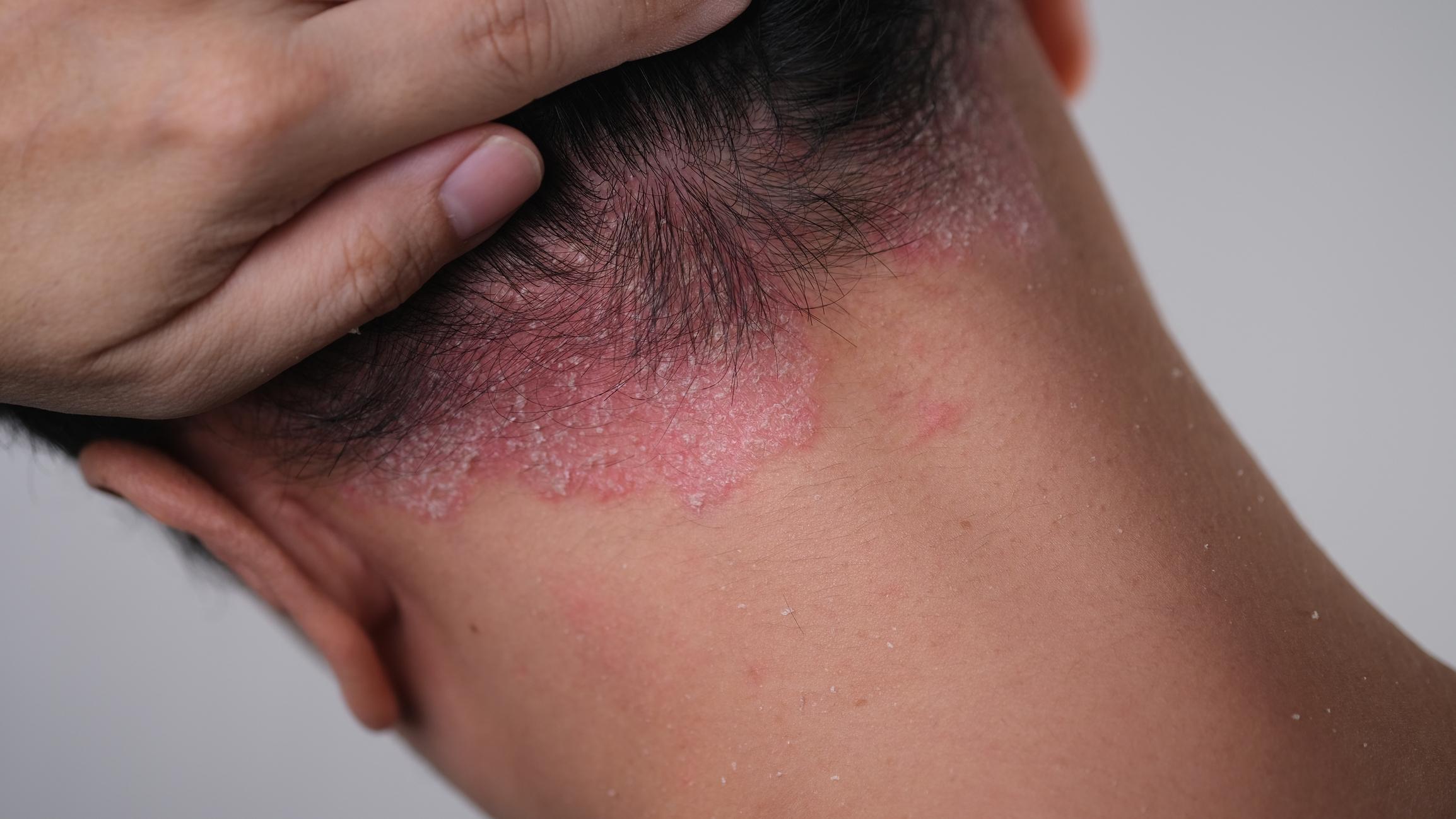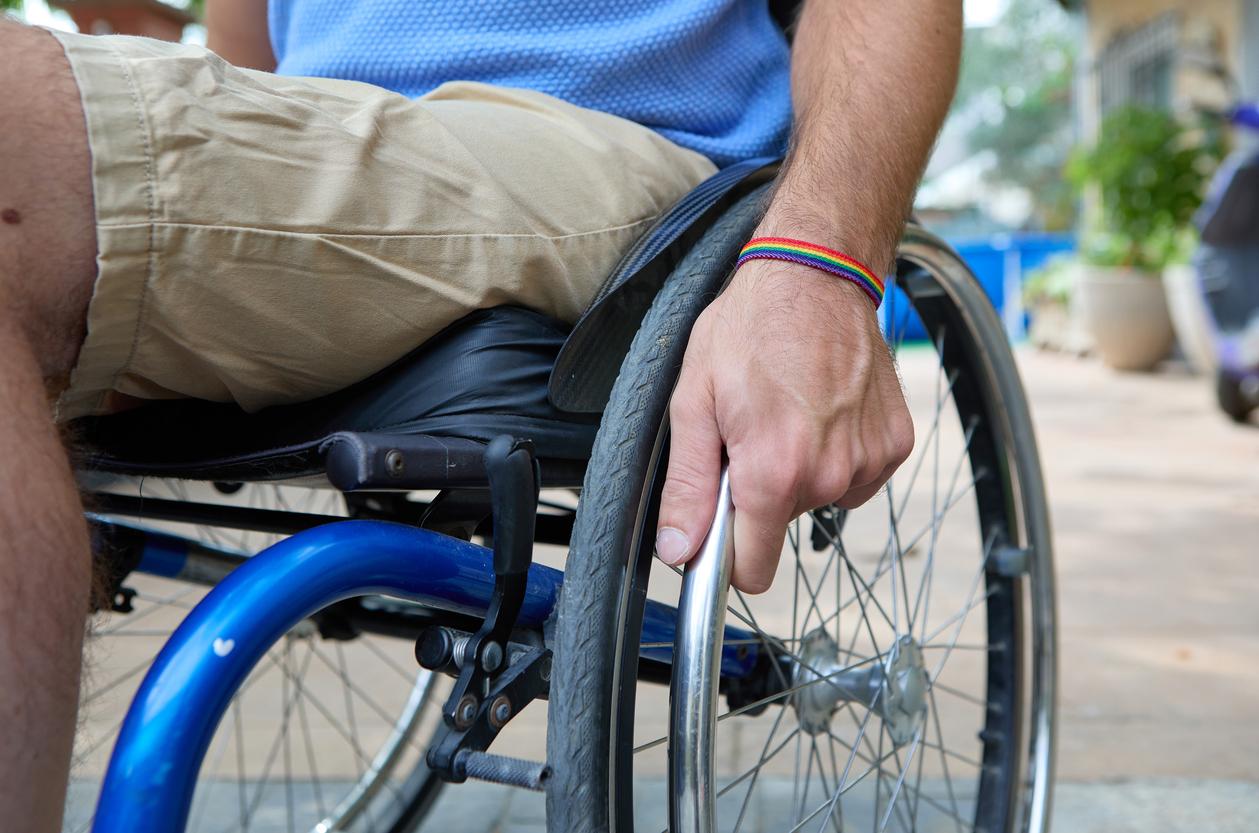On the occasion of the World Day of Multiple Sclerosis (MS) which takes place every year on May 30, Professor Patrick Vermersch, neurologist at the University Hospital of Lille, to take stock of the received ideas circulating on this neurological pathology and its support.

- MS currently affects 100,000 people in France, including 700 children.
- Multiple sclerosis is a disease of young adults (often diagnosed between the ages of 25 and 35) and most often affects women.
Misconception n°1: “I will have to live with a restrictive treatment on a daily basis”
When the diagnosis of multiple sclerosis is made, the first instinct is often to think that we will necessarily have to follow a very restrictive treatment, implying frequent trips to the hospital, heavy side effects and a complex day-to-day follow-up.
Professor Vermersch wishes to reassure on this point: “It is true that previously, treatments for multiple sclerosis were generally administered subcutaneously, at a fairly high frequency, or intravenously, and had to be carried out in a hospital environment. But this is no longer systematically the case today: there are more and more oral treatments, with less significant side effects or injectable treatments but at a much lower frequency. There are also new forms of treatment whose effects are persistent and which make it possible to have a long period without taking medication; the treatment is then no longer seen as a burden on the patients.”
Myth no. 2: “Once MS is diagnosed, I find myself in a therapeutic impasse”
There is currently no treatment that can cure multiple sclerosis. But research is advancing and recent therapeutic advances offer the possibility of living better with this disease. Professor Vermersch details: “multiple sclerosis research gives us the tools to deal with this progressive and unpredictable disease. We have a fairly wide range of treatments with more than ten molecules available in France, with a very favorable benefit/risk ratio. Once the diagnosis has been made, it’s a race against time to find the right treatment that will prevent progression to a severe disability. The earlier this race is started, the earlier the treatment is initiated, and the better we manage to control the disease with an increasingly personalized therapeutic approach.”
Misconception n°3: “I can never become a mother with MS”
A third of women affected by MS have decided not to have children or have postponed this choice due to concerns about the disease. However, having multiple sclerosis and becoming a mother is possible: “You can absolutely consider pregnancy even if you have multiple sclerosis. The main constraint is to have to program this project more so that it is compatible with the treatment. Namely: having one or more children does not in any way modify the prognosis or the course of the disease” says Professor Vermersch.
Misconception n°4: “The first thing to do to fight against the disease: rest”
One of the main symptoms of multiple sclerosis is fatigue. We can therefore think that the best way to deal with it is to be at maximum rest. But this is not the case, and Professor Vermersch explains why: “Contrary to what may seem natural, rest is not the solution. The ideal is to regularly practice appropriate physical activity. We believe that MS-related fatigue is due to changes in the immune system. This accumulation of fatigue is also – and probably mostly – caused by the faulty connections between areas of the nervous system. However, physical activity improves these connections. Regular physical activity, in addition to its physical benefits, is therefore an important element for the patient’s quality of life.
Myth #5: “If I catch COVID-19, it will necessarily be more serious for me”
A recent BVA study carried out for Merck France reveals that 46% of French MS patients are worried about the impact of COVID-19 on their pathology, including 10% who are very worried. However, at this time, there does not appear to be an increased risk from COVID-19 for people with multiple sclerosis.
Professor Vermersch explains: “A person with MS is no more at risk than the rest of the population of having a severe form of COVID-19. Although certain treatments called immunosuppressants modify the functioning of the immune system, the vast majority of them do not have an increased risk of common infections such as rhinitis, bronchitis or cystitis, for example. Nevertheless, recent corticosteroid therapy or the use of certain biotherapies seem to be associated with a slightly higher risk of a severe form of COVID-19, although these data must be studied in more detail.
Myth #6: “Treated for MS, I can’t get vaccinated against COVID-19”
The BVA study for Merck France also tells us that 44% of people with MS do not wish to be vaccinated to date, either because they are waiting for more information on the compatibility of the vaccine with the treatment against multiple sclerosis (28%), or because they do not want to be vaccinated at all (16%).
Professor Vermersch comments: “it is quite possible today to get vaccinated when you are being treated for multiple sclerosis; it is even strongly recommended. Protection after vaccination against COVID-19 is generally as good as for the rest of the population, except with 2 classes of MS drugs where preliminary data show slightly lower protection. It is also our role as health professionals to continue to inform as many people as possible that vaccination and multiple sclerosis are completely compatible.”

.

















